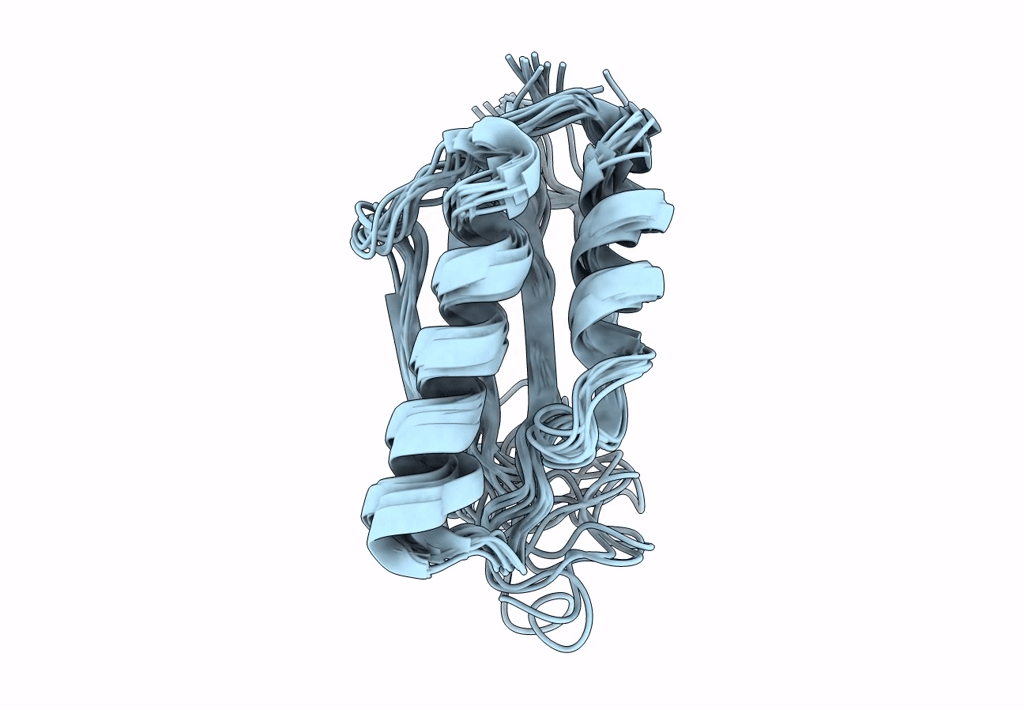
Deposition Date
2022-08-23
Release Date
2023-01-11
Last Version Date
2024-05-15
Entry Detail
Biological Source:
Source Organism:
synthetic construct (Taxon ID: 32630)
Host Organism:
Method Details:
Experimental Method:
Conformers Calculated:
5000
Conformers Submitted:
10
Selection Criteria:
10 structures for the lowest energy


